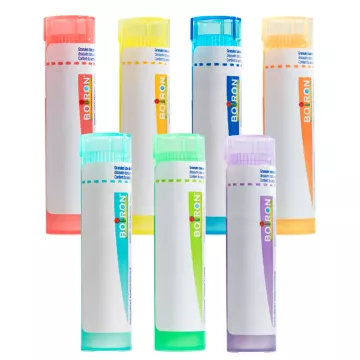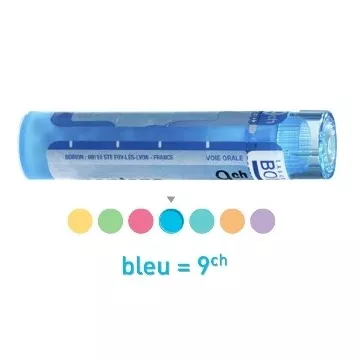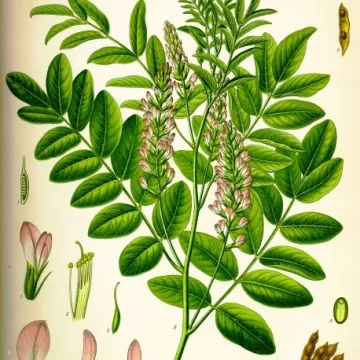



What is gastritis and what are its main symptoms?
Gastritis is an inflammation of the stomach lining that can result from a number of causes, including infection by the Helicobacter pylori bacterium, prolonged use of non-steroidal anti-inflammatory drugs (NSAIDs), excessive alcohol consumption, stress and certain autoimmune diseases. Main symptoms include stomach pain or discomfort, nausea, vomiting, a burning sensation in the stomach between meals or at night, and sometimes bloating, belching or indigestion.
What are the most common causes of gastritis?
The most common causes of gastritis include Helicobacter pylori infection, overuse of NSAIDs, excessive alcohol consumption, severe stress (such as that caused by serious illness or surgery), and autoimmune disorders affecting the stomach. Consumption of certain spicy or acidic foods can also aggravate symptoms.
How is gastritis diagnosed?
Gastritis is usually diagnosed through a combination of medical history, physical examination and specific tests. These tests may include upper digestive endoscopy, where a tube fitted with a camera is inserted through the mouth into the stomach to observe the mucosa, and possibly perform biopsies. Other tests may include blood tests, stool tests to detect the presence of Helicobacter pylori, or breathing tests.
What are the treatment options for gastritis?
Treatment for gastritis aims to reduce symptoms and treat the underlying cause. It may include medications to reduce or neutralize gastric acid, such as proton pump inhibitors (PPIs) or antacids. In the case of Helicobacter pylori infection, specific antibiotic treatment will be required. Dietary and lifestyle modifications, such as reducing alcohol consumption, avoiding irritating foods and managing stress, are also crucial in relieving symptoms and preventing recurrences.
Can gastritis be prevented?
Although it's not always possible to prevent gastritis, certain measures can reduce the risk of its development. These include maintaining good hygiene, such as washing hands regularly to avoid infection, limiting alcohol consumption, avoiding smoking, using NSAIDs with caution and only on medical recommendation, and adopting a balanced, healthy diet to support stomach health.
Is gastritis a chronic or acute disease?
Gastritis can take two forms: acute and chronic. Acute gastritis occurs suddenly and is often more severe, while chronic gastritis evolves slowly over time. While acute gastritis can be caused by alcohol consumption, severe stress, or the use of NSAIDs, the chronic form can result from Helicobacter pylori infection, autoimmune disorders, or wear and tear of the stomach lining over time. Distinguishing between these two forms is crucial in choosing the right treatment.
What diet should I follow for gastritis?
An appropriate diet is essential to manage and relieve the symptoms of gastritis. We recommend avoiding foods that irritate the stomach, such as strong spices, fatty foods, fried foods, citrus fruits, caffeinated drinks and alcohol. Focus on foods that are easy to digest, such as cooked fruits and vegetables, whole grains and lean proteins. Drinking plenty of water and splitting meals into smaller, more frequent portions can also help reduce symptoms.
What's the difference between gastritis and peptic ulcer disease?
Although gastritis and peptic ulcer both involve inflammation of the stomach lining, they differ in the nature and severity of the lesions. Gastritis is characterized by generalized inflammation of the stomach lining, while a peptic ulcer is an open wound that forms on the inner lining of the stomach or duodenum. Ulcers are often the result of untreated gastritis and can lead to more intense symptoms, such as acute stomach pain.
Can gastritis be completely cured?
Whether gastritis can be completely cured depends on its cause. If gastritis is caused by Helicobacter pylori infection, antibiotic treatment can eradicate the bacteria and allow the stomach lining to heal. For gastritis caused by lifestyle factors, such as alcohol consumption or the use of NSAIDs, lifestyle and dietary modifications can lead to significant improvement. However, chronic gastritis linked to autoimmune conditions may require long-term management.
When should a doctor be consulted for gastritis?
It's advisable to consult a doctor about gastritis if you experience persistent or severe symptoms, such as stomach pain, nausea, vomiting, or unexplained weight loss. It's also important to seek medical attention if you vomit blood or have black or tarry stools, which may indicate stomach bleeding. Prompt medical attention is crucial to diagnosing the underlying cause of gastritis and developing an effective treatment plan.